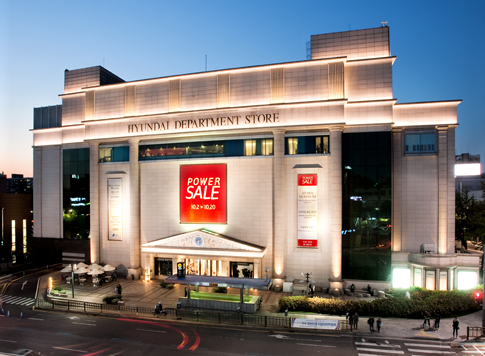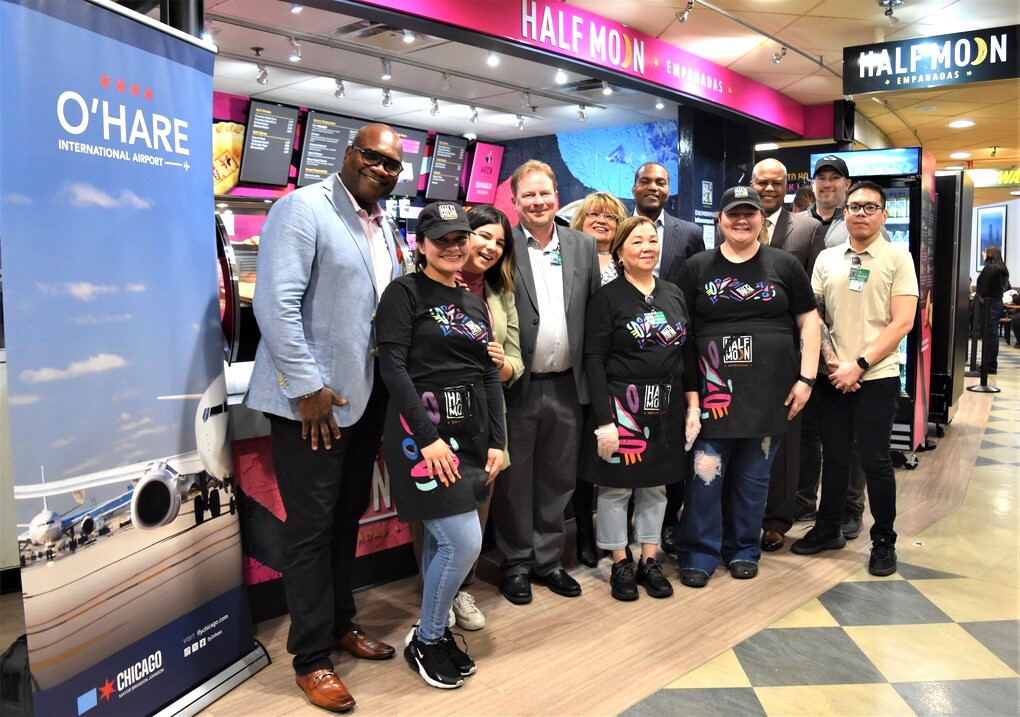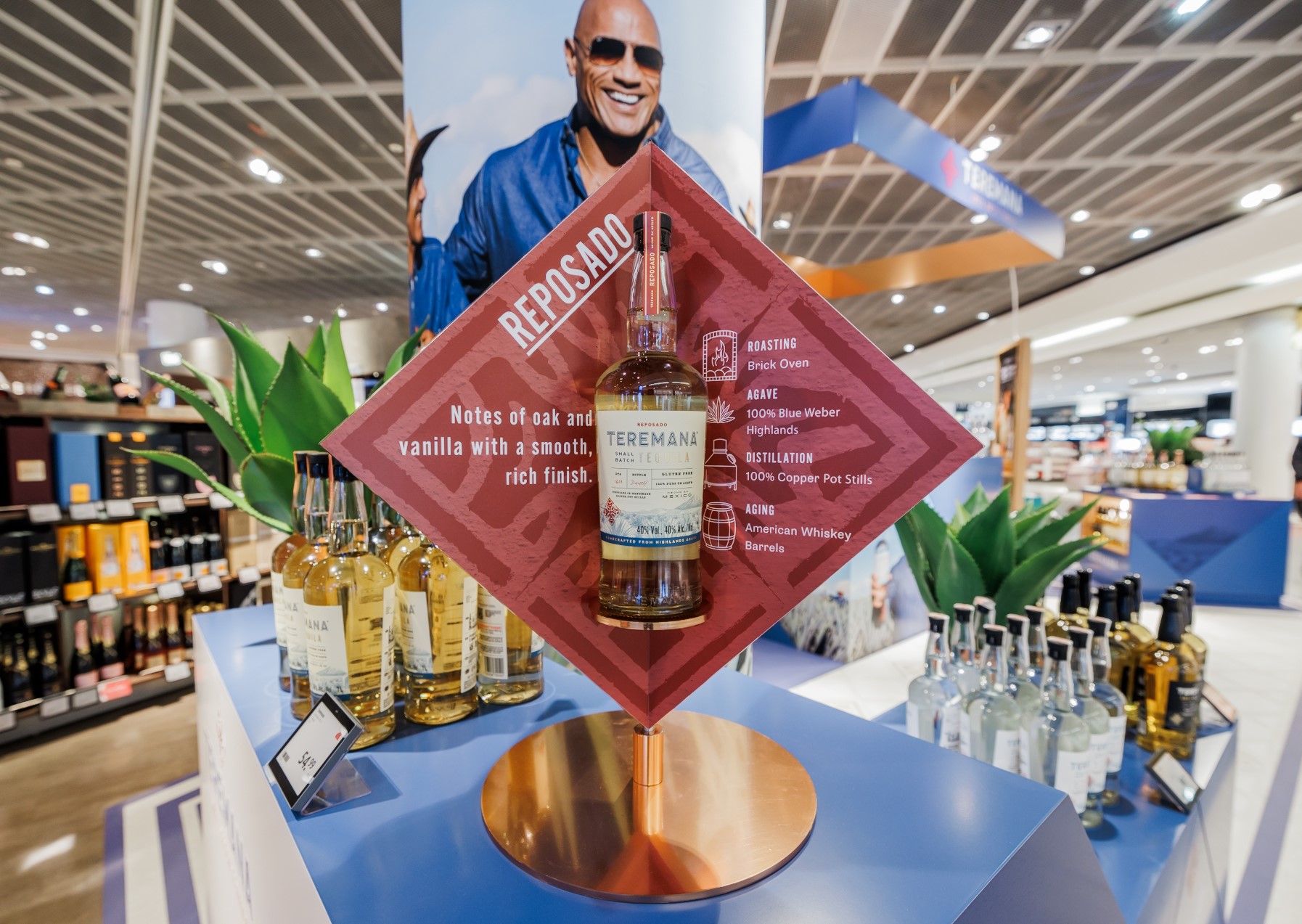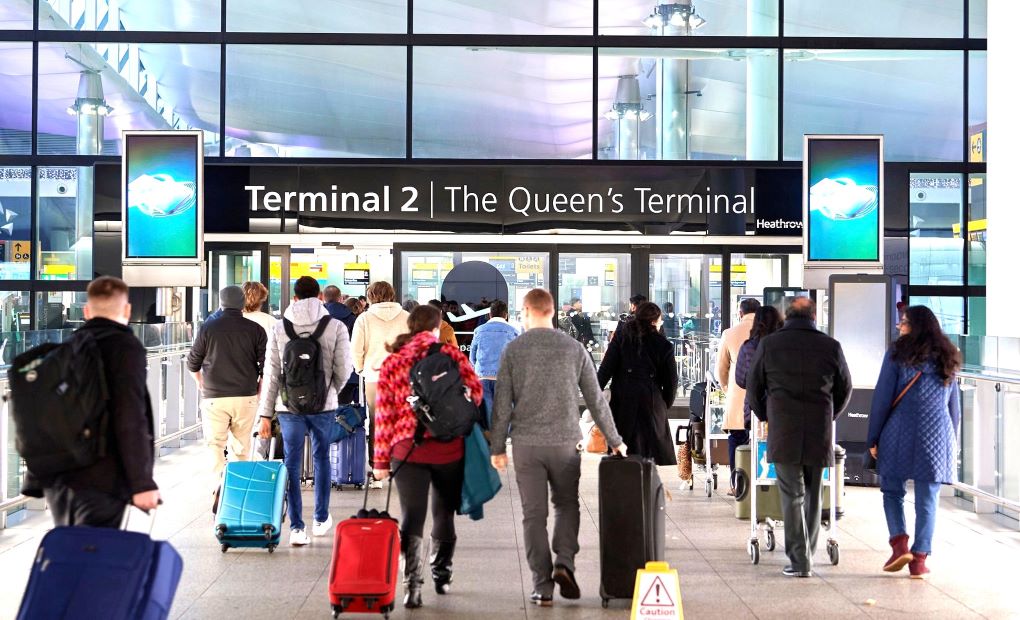SOUTH KOREA. The sell-off of duty free inventory through alternative channels in order to assist travel retailers hit hard by the COVID-19 crisis is proving increasingly controversial at home and abroad, writes The Moodie Davitt Report Senior Retail and Commercial Analyst Min Yong Jung* in Seoul.
As reported, Korea Customs Service (KCS) accepted the local duty free industry’s request to offload unsold stock (after paying import taxes) through a range of channels in guidance issued on 29 April. Under that guidance KCS will temporarily allow:
1) Local distribution of unsold duty free inventory (limited to items held by retailers for over six months)
2) The transfer of ownership of unsold imported foreign goods to another party
3) International shipping and sales of unsold imported foreign goods overseas. According to the existing Customs law (i.e. as applied before the temporary measures), any unsold inventory of duty free products is required to be discarded or returned to the manufacturer. That changes under the relief measures.

The KCS measures allow duty free retailers the option of: a) direct sales of unsold inventory into local channels (department stores, home shopping, ecommerce and others); b) wholesale of unsold inventory to local third parties; and c) international shipping of unsold inventory to outside Korea (yes to daigou).


However the move has caused deep concern in Chinese travel retail circles alarmed at a potential new flood of daigou-driven products while several key luxury brands have insisted they will not participate in any such programme. The so-called ‘big three’ international luxury brands ― Hermès, Chanel and Louis Vuitton ― have firmly rejected the notion of duty free inventory being sold through the local market, for example.
While a report in The Korea Times offered implicit criticism of the trio, Korean travel retailers contacted by The Moodie Davitt Report said they never expected Hermès, Chanel and Louis Vuitton to be part of the programme.

One leading travel retailer said: “We never expected to sell those luxury brands or any other luxury brands because of the conflict [with the local market]. The luxury brands have a return policy where if products are not sold than they are returned to them. The frustrating part is that the price paid for what is returned is a small fraction of what was paid originally by the duty free retailer – it differs by brand in terms of when the inventory is returned and for what price, but it can be one season or 2~3 years. In terms of the price they pay to get that back, it could range from 30%~50% of the original price that the retailer paid.”
Another senior retail executive said, “We never said we would be able to sell the luxury brands [through domestic channels]. Your original article outlined how retailers will focus on selling contemporary luxury and masstige brands and that is what we still expect. The high-end luxury brands all have strict return policies and they really take time out to attend to their inventory. So we can’t decide on the discounts or what to do with the inventory even when it’s not sold.”
Ming Yong Jung comments: “The innate pricing conflict with other channels in Korea is a major stumbling block. Remember, different agents supply the retailers across duty free and department store channels, so it’s very difficult for the duty free products to simply be sold into the local market. The reason why Shinsegae International has found it easier to do so is because they are the supplier of the products to both Shinsegae’s duty free and department store businesses.”
 *Note: Korean national Min Yong Jung, formerly based in London and since this month in Seoul, is Senior Retail and Commercial Analyst at The Moodie Davitt Report. His appointment in June 2019 was the first of its kind in travel retail media. It marked the creation of the Moodie Davitt Business Intelligence Unit, a new division designed to provide a previously unseen level of research and analysis for the travel retail channel.
*Note: Korean national Min Yong Jung, formerly based in London and since this month in Seoul, is Senior Retail and Commercial Analyst at The Moodie Davitt Report. His appointment in June 2019 was the first of its kind in travel retail media. It marked the creation of the Moodie Davitt Business Intelligence Unit, a new division designed to provide a previously unseen level of research and analysis for the travel retail channel.
Jung has a rich background in the travel retail channel and related consumer goods markets. Before joining The Moodie Davitt Report, he worked as an equity research analyst both on the buy and sell side of the finance industry at Kiwoom Asset Management and CLSA in Seoul. Jung is an arts graduate in International Affairs from George Washington University in the USA.
Do you have research needs related to the Korean and Asia Pacific travel retail and luxury markets? Min Yong Jung can be contacted at minyong@moodiedavittreport.com












